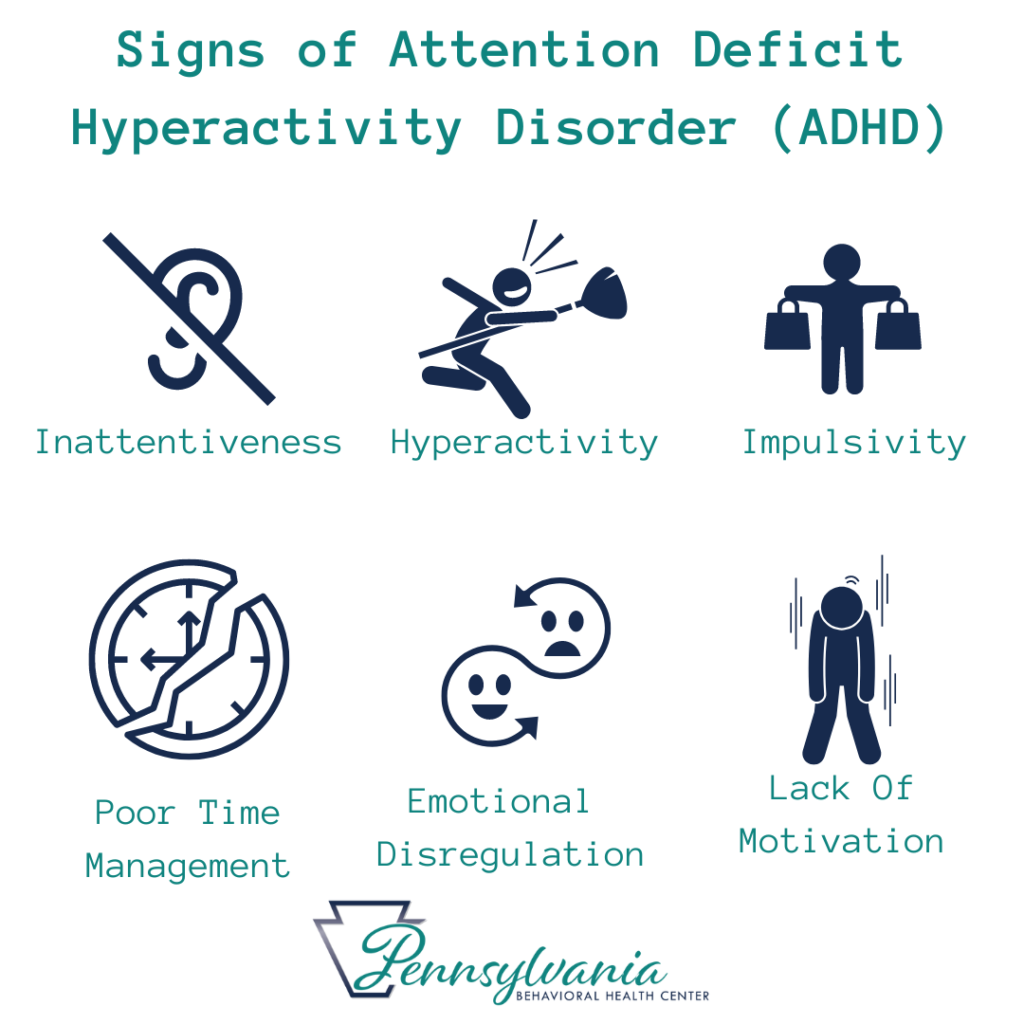Your Guide to Locating the Right ADHD Therapy for Lasting Results
Browsing the complexities of ADHD treatment needs a nuanced understanding of both the disorder and the myriad choices available for effective management. It is important to recognize that what works for one individual may not always produce the exact same results for another.
Understanding ADHD and Its Impact

In adults, ADHD can bring about obstacles in office atmospheres, affecting productivity, time management, and social partnerships. Often, undiagnosed or improperly handled ADHD can contribute to co-occurring psychological health concerns, such as stress and anxiety and depression, more making complex a person's overall well-being.
The social understanding of ADHD can differ, causing preconception and misunderstanding, which might hinder individuals from looking for help. As awareness expands, it is vital to foster an environment that promotes understanding and assistance for those impacted by ADHD, emphasizing the demand for precise medical diagnosis and customized strategies to minimize its effect on day-to-day life.
Review of Treatment Alternatives
An extensive strategy to treating ADHD incorporates a selection of choices customized to the individual's one-of-a-kind needs. These alternatives can broadly be categorized right into behavior treatments, psychoeducation, and way of living modifications, alongside pharmacological therapies that may be checked out later on.
Behavior interventions, such as cognitive-behavioral therapy (CBT), concentrate on customizing details behaviors and establishing coping approaches to manage symptoms effectively. Psychoeducation plays a crucial role in empowering both people and their families by providing information about ADHD, its difficulties, and reliable methods for assistance.
Way of living adjustments can dramatically influence ADHD monitoring. Routine physical activity, a balanced diet regimen, and sufficient sleep contribute to general wellness and signs and symptom control. Mindfulness practices and relaxation techniques can additionally boost emphasis and minimize impulsivity.
Support system and family therapy can foster a feeling of community and understanding, assisting people feel less separated in their experiences. Each therapy option ought to be thought about in conjunction with the individual's choices and circumstances, guaranteeing an alternative approach that advertises lasting success. Eventually, the goal is to produce an individualized therapy strategy that resolves the details obstacles related to ADHD while improving general quality of life.
Medication: Pros and Cons
Medication plays a crucial duty in the treatment of ADHD, with various options available that can substantially ease signs for many individuals. Energizers, such as methylphenidate and amphetamines, are frequently prescribed and have actually revealed effectiveness in boosting focus, reducing impulsivity, and improving total habits. These medications function by increasing dopamine and norepinephrine degrees in the brain, which are often dysregulated in those with ADHD.
Some people may experience side impacts, consisting of sleeping disorders, lowered appetite, or raised anxiety. Furthermore, not all individuals respond to stimulant medications, leading some to explore non-stimulant options, which might have a postponed beginning of activity or various side impacts.
It is necessary for people and their family members to weigh these benefits and drawbacks thoroughly. Stabilizing the advantages of sign monitoring versus possible adverse effects is crucial for attaining ideal treatment end results. Collaboration with Go Here doctor can help with educated decisions, guaranteeing that medicine belongs to a detailed ADHD administration plan.
Behavior Treatment Strategies

One generally employed approach is Cognitive Behavior modification (CBT), which aids people determine and alter unfavorable idea patterns that add to ADHD-related obstacles. Therapist for ADHD. With CBT, clients find out to view establish realistic objectives, handle time effectively, and develop business systems
One more effective method is Parent Management Training (PMT), which educates parents on exactly how to strengthen positive actions and minimize negative ones through consistent discipline and interaction approaches. This technique promotes a supportive home environment that encourages behavior improvements.
Social abilities training is likewise essential, aiding people with ADHD navigate social interactions better. Role-playing and modeling appropriate actions can improve social capability and reduce anxiety in social situations.
Lifestyle Adjustments for Better Administration
How can lifestyle adjustments significantly improve the management of ADHD signs? Applying strategic lifestyle adjustments can bring about substantial enhancements in focus, organization, and emotional guideline for individuals with ADHD.
First of all, developing a structured everyday routine helps in producing predictability, which can reduce sensations of bewilder. Consistent schedules for dishes, study, and rest can enhance everyday performance.
Including normal exercise is also essential, as exercise has been shown to improve dopamine degrees, boosting interest and motivation (Therapist for ADHD). Aiming for at the very least 30 mins of moderate workout most days can be valuable
Nutrition plays a critical role also. A well balanced diet plan rich in omega-3 fatty acids, whole grains, and protein can support cognitive feature. Restricting refined sugars and caffeine may reduce signs, as these can result in energy crashes and irritability.
Final Thought
In final thought, finding the right ADHD therapy necessitates a diverse method that considers specific needs and choices. Cooperation relationship counselling with medical care professionals and open interaction with support networks are essential elements in navigating the complexities of ADHD administration, eventually leading to lasting outcomes and boosted high quality of life.
Comments on “Mental Health Services Offering Complete Support”